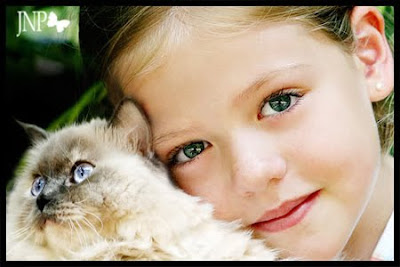The new European Union (EU) regulations, which cover all fowl that are raised for food - and which Israel is planning to adopt as well - will go into effect in 2012. They will address concerns that most consumers, including those who don't consider themselves animal rights activists, have for the humane treatment of animals.
Henhouse cages will provide at least 116.25 square inches of space per bird (nearly double the current standard) and will allow enough space for birds to move around freely, with access to fresh air and natural light, enabling them to flap their wings, etc. Cages will be equipped with natural or artificial grass or sand, imitating the birds' natural environment, and each cage will even be equipped with soft material - a sort of 'mattress' or 'pillow' - for the birds to rest on.
To comply with the new regulations, farmers in the EU and in countries like Israel that sell poultry products in Europe will have to upgrade their henhouses. Israel's Agrotop is poised to help, with its award-winning "henhouse of the future." For Agrotop, "award-winning" isn't just corporate marketing fluff. The company really did win an award from the Ministry of Agriculture this year for its new industrial chicken coop design, which not only meets the new EU standards, but also is completely "green".
The coops are designed to physically match their surroundings, so that the natural beauty of the area where they are built will not be compromised. The coop is raised off the ground, ensuring that it remains a closed system that does not affect the surrounding environment - not even the grass or topsoil on which it stands.
The coops are built with recycled material wherever possible. Plus, they recycle the water, process the chicken waste to manufacture biofuels, and use wind and solar power to generate electricity.
Source: Israel21c

 The SOS Pet Association announced today that they would be launching a campaign to feed stray cats in Tel Aviv. Starting Monday, 350 feeding bowls will be distributed throughout the city to feed the hungry felines!
The SOS Pet Association announced today that they would be launching a campaign to feed stray cats in Tel Aviv. Starting Monday, 350 feeding bowls will be distributed throughout the city to feed the hungry felines! Like death and taxes, garbage is inevitable. And with environmental concerns growing, cities across the globe are searching for smarter ways to dispose of their trash.
Like death and taxes, garbage is inevitable. And with environmental concerns growing, cities across the globe are searching for smarter ways to dispose of their trash. Sewage - human, agricultural and industrial - is an enormous untapped energy source. It represents some of the world's finest biological matter, and in America, as elsewhere, it is literally going down the drain.
Sewage - human, agricultural and industrial - is an enormous untapped energy source. It represents some of the world's finest biological matter, and in America, as elsewhere, it is literally going down the drain.